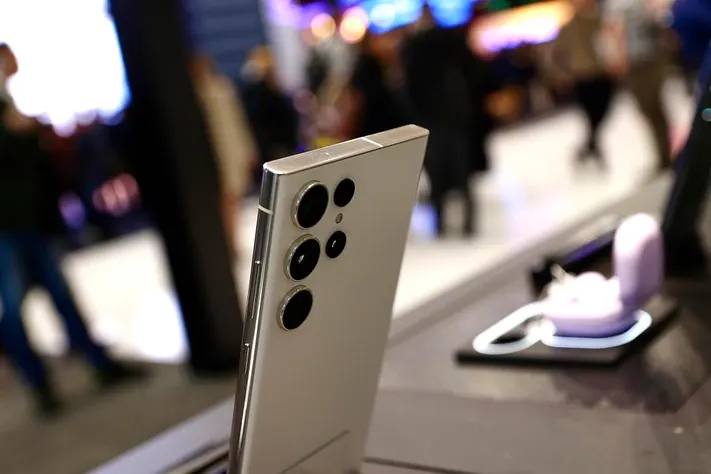“`html
The AI Revolution Accelerates: Breakthroughs Defining 2025
Estimated reading time: 10 minutes
Key Takeaways
- The year 2025 marks a significant shift where Artificial Intelligence moves beyond novelty to become a core, foundational technology.
- We are witnessing unprecedented speed in AI evolution, impacting business, science, and daily life.
- Key AI breakthroughs in 2025 include advancements in generative AI, enhanced reasoning capabilities, and sector-specific AI solutions.
- AI is profoundly reshaping industries like healthcare, finance, manufacturing, and customer service.
- The integration of AI in education promises personalized learning and administrative efficiency, while also presenting ethical considerations.
- AI is dramatically accelerating scientific discovery, particularly in medicine, materials science, and climate research.
- The trajectory ahead points to an era of increasingly sophisticated AI-powered reasoning and decision-making.
Table of contents
- Introduction
- Key Takeaways
- The Accelerating Pace: Latest AI News 2025
- Generative AI Advancements: The New Frontier of Creation
- AI Trends Shaping Industries: A Deep Dive into Transformation
- AI in Education: Reshaping Learning and Teaching
- AI for Scientific Discovery: Amplifying Human Ingenuity
- The Trajectory Ahead: Continued AI Breakthroughs
- Final Thoughts on the AI Revolution
Introduction
We stand at a precipice, witnessing an AI evolution that is not merely fast, but *unprecedented*. What was once the realm of science fiction and niche experiments is rapidly solidifying as a core technology that is set to redefine our world. The year 2025 is proving to be a watershed moment, characterized by a surge of **AI breakthroughs defining 2025**, marking a significant transition from AI as a novelty to AI as a foundational pillar of progress across business, science, and our daily lives. This shift is palpable, signaling that we are moving beyond mere fascination with artificial intelligence to a deep integration of its capabilities.
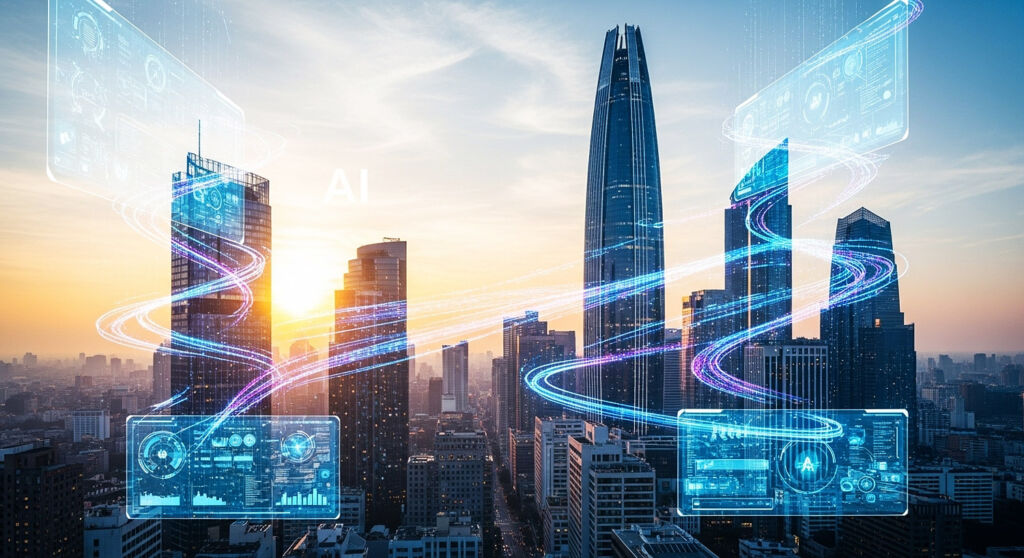
Our purpose here is to delve into the **latest AI news 2025** has brought forth, exploring the pivotal **AI trends shaping industries** and highlighting the transformative impact of these advancements. We will focus particularly on the burgeoning field of generative AI, its profound influence on education, and its accelerating role in scientific discovery. It’s crucial to understand this transition; AI is no longer just an experimental tool. It’s becoming an indispensable part of the infrastructure that powers our society. As noted by Microsoft News and Launch Consulting, “*The most important AI breakthroughs defining 2025 center on the transition of AI from experimental novelty to core technology powering business, science, and daily life…*”[1][2] This fundamental shift underscores the urgency and importance of understanding the developments that are rapidly unfolding.
The Accelerating Pace: Latest AI News 2025
The overarching theme dominating the **latest AI news 2025** is the definitive solidification of AI as a fundamental driver of progress. This is not a subtle evolution; it is a robust acceleration that is reshaping economies and societies at an astonishing rate. The breakthroughs we are seeing are not isolated incidents but rather interconnected advancements that amplify each other’s impact. Morgan Stanley highlights this pivotal moment, stating that “*with breakthroughs in generative AI, enhanced reasoning, and sector-specific solutions reshaping economies and society.*”[3] This signifies a new era where AI’s influence is both broad and deep.

Significant AI developments in 2025 include the release of advanced frontier models. These are not just incremental improvements; they represent a leap forward in AI’s capacity for complex problem-solving and sophisticated reasoning. Furthermore, we are witnessing the increasing integration of AI into critical public services, a testament to its growing reliability and utility. As Launch Consulting observes, “*Major tech companies released frontier models capable of advanced reasoning and adaptable problem-solving, while regulatory bodies like the FDA launched agency-wide AI tools…*”[2] This dual development—cutting-edge research and practical governmental adoption—underscores AI’s maturing role.
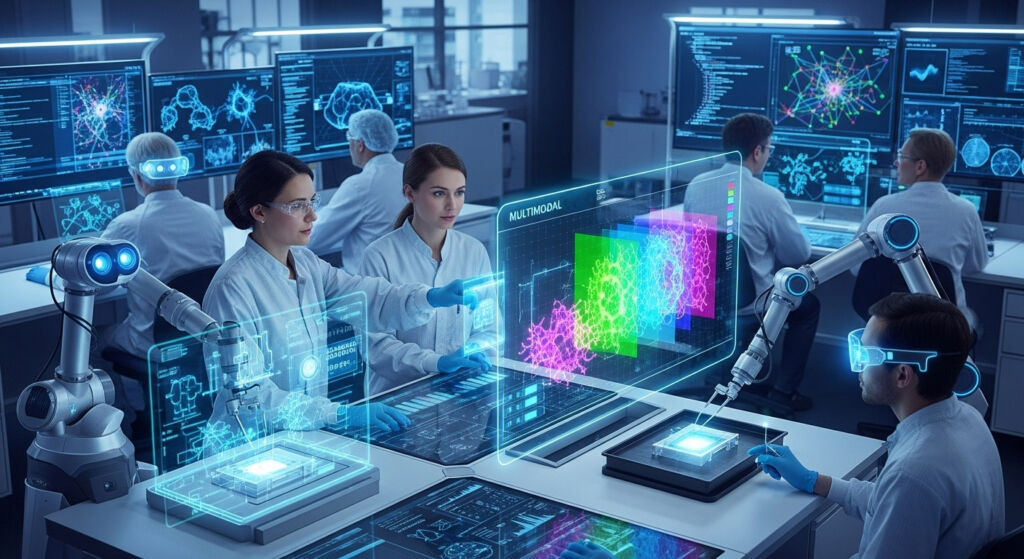
Beyond these broad advancements, AI is also proving instrumental in accelerating scientific progress. The ability of AI to process and analyze vast datasets, simulate complex systems, and identify patterns invisible to human researchers is a game-changer. Microsoft News points to specific examples: “*Scientific AI applications have accelerated, offering new protein simulation techniques and climate modeling tools.*”[1] These applications are not just theoretical; they are leading to tangible breakthroughs that can address some of humanity’s most pressing challenges.
Generative AI Advancements: The New Frontier of Creation
Perhaps one of the most exciting and visible areas of AI development in 2025 is **generative AI advancements**. These are AI models that possess the remarkable capability to create novel content. We are not just talking about text; generative AI is now proficient in producing images, music, code, and even intricate designs. This ability to generate original output is what makes these advancements so revolutionary. They move beyond analysis and prediction to active creation, augmenting human creativity and boosting productivity across countless fields.
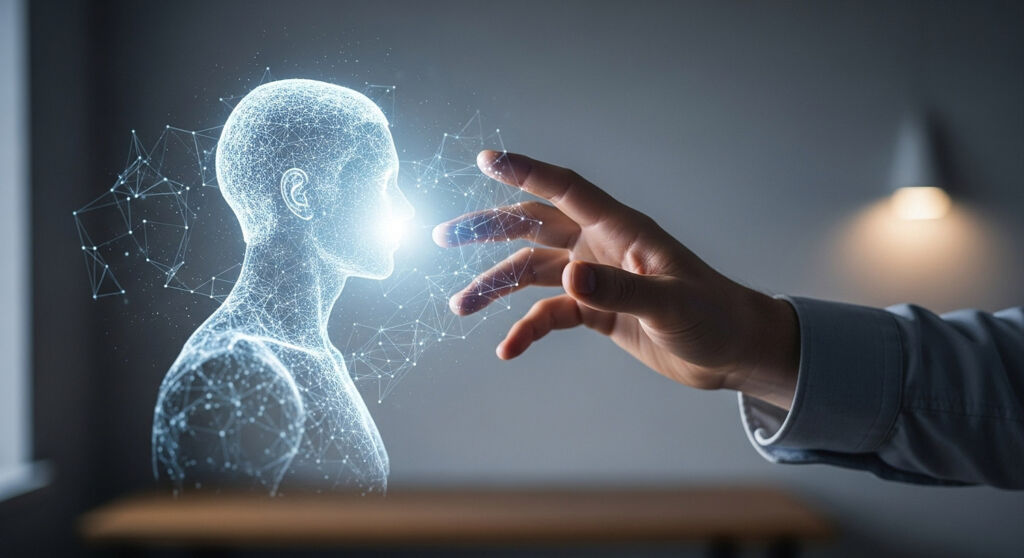
The applications of these **generative AI advancements** are expanding at an exponential rate. We are seeing the rise of hyper-personalized content generation, where AI crafts communications and media tailored precisely to individual preferences. Intelligent agents are becoming more sophisticated, capable of understanding and executing complex tasks. Design tools are being enhanced with AI that can suggest or even create design elements, and in software development, AI is dramatically improving the efficiency of code generation. This capability promises to democratize creation and significantly speed up development cycles.

The impact on businesses and individuals is profound. For businesses, generative AI can automate repetitive content creation tasks, personalize marketing campaigns to an unprecedented degree, and enhance customer engagement through more sophisticated chatbots and virtual assistants. For individuals, it offers powerful creative assistance, acting as a co-pilot for artists, writers, and developers. The anticipation around upcoming models, such as GPT-5, further illustrates this trajectory. As Launch Consulting notes, GPT-5 “*promises vast improvements in reasoning, memory, nuanced understanding, and adaptability, enabling hyper-personalized content and smarter agents.*”[2] This evolution is fundamentally changing how we create and interact with digital content.
AI Trends Shaping Industries: A Deep Dive into Transformation
The pervasive influence of **AI trends shaping industries** is undeniable, signaling a fundamental paradigm shift. We are moving towards an economy where AI-driven efficiency, continuous innovation, and entirely new business models are becoming the norm. This transformation is not confined to a single sector; it is a widespread phenomenon impacting nearly every industry imaginable.
Healthcare
In healthcare, AI systems are revolutionizing diagnostics with greater accuracy, accelerating the pace of drug discovery, and enabling truly personalized patient care. The ability of AI to analyze complex medical data, from scans to genomic sequences, is leading to earlier detection of diseases and more effective treatment plans. As Microsoft News and Launch Consulting report, “*AI systems diagnose illnesses, discover drugs faster, and personalize patient care with improved accuracy and efficiency.*”[1][2]

Finance
The financial sector is experiencing a significant overhaul driven by AI. AI-powered analytics provide deeper insights into market trends and customer behavior. Autonomous decision-making systems are enhancing risk assessment and fraud detection with remarkable precision. Furthermore, AI is enabling the creation of hyper-personalized financial products and services, tailored to individual needs and risk profiles. Morgan Stanley points out that “*AI-powered analytics and autonomous decision-making drive risk assessment, fraud detection, and hyper-personalized financial products.*”[3]

Manufacturing
Manufacturing is becoming smarter and more efficient thanks to AI. AI-powered robotics are not only automating tasks but also improving precision and safety on the factory floor. Process optimization driven by AI is leading to enhanced quality control, reduced waste, and the implementation of predictive maintenance. This proactive approach minimizes downtime and maximizes output. Microsoft News states that “*Robotics and AI-driven process optimization enhance quality, reduce waste, and enable predictive maintenance.*”[1]
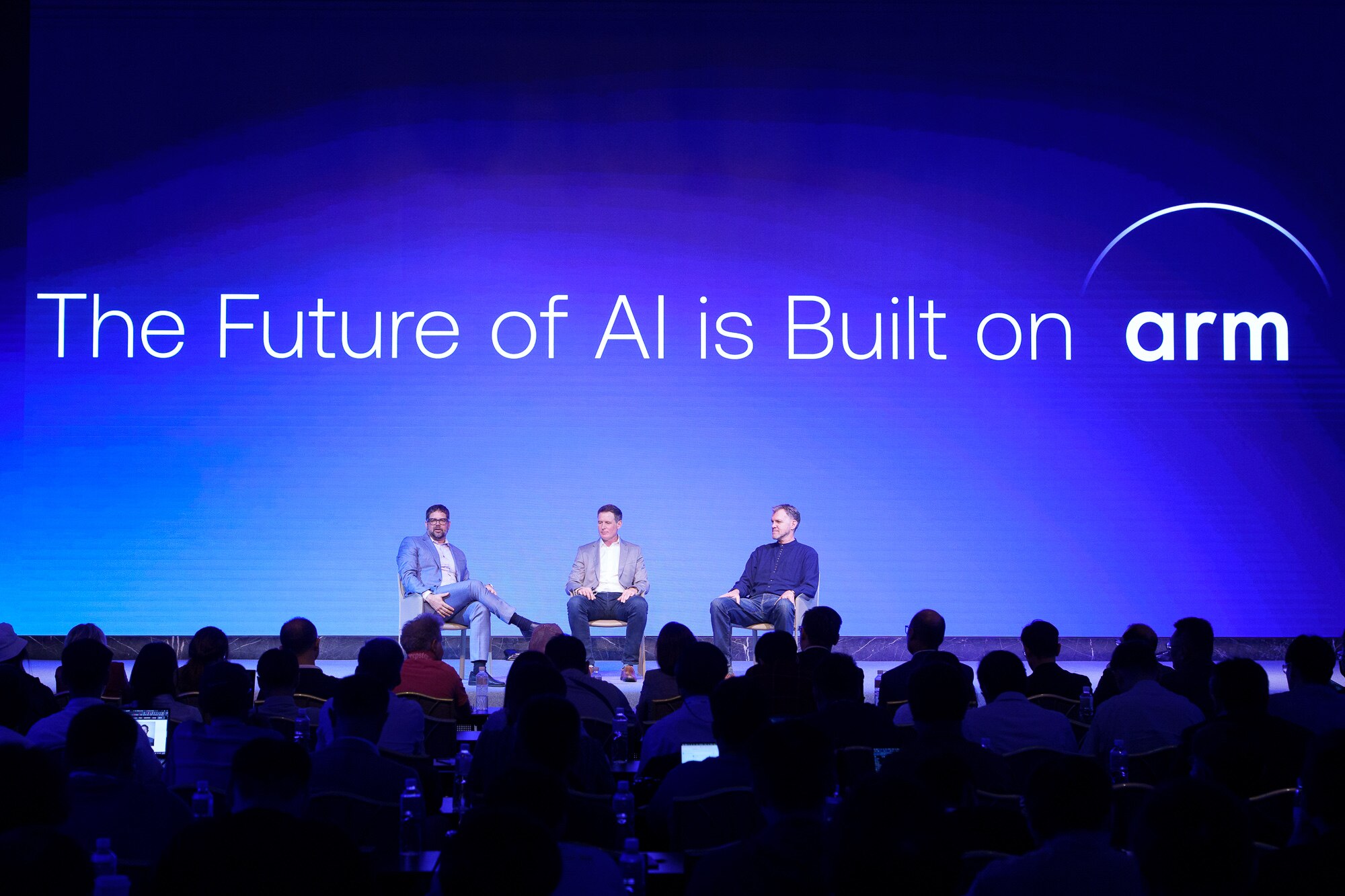
Customer Service
The customer service landscape is being transformed by AI agents that can handle increasingly complex queries with human-like understanding. These AI systems personalize customer interactions, offer proactive support, and provide round-the-clock assistance, significantly boosting customer satisfaction and operational efficiency. As highlighted by Microsoft News and Morgan Stanley, “*AI agents handle complex queries, personalize customer experiences, and operate around the clock, boosting productivity.*”[1][3]
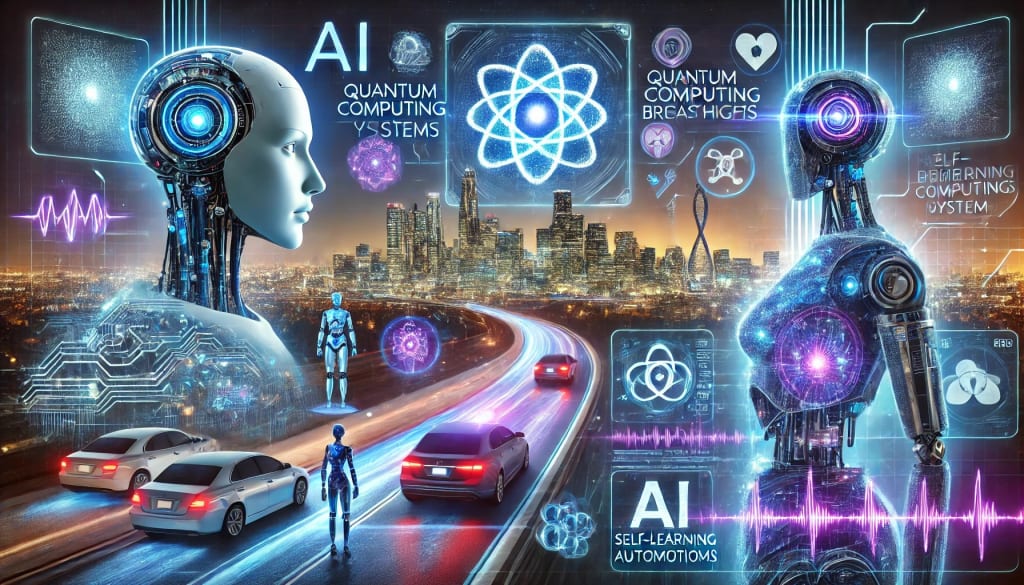
AI in Education: Reshaping Learning and Teaching
The potential of **AI in education** is profound, promising to reshape how we learn and teach by enhancing personalization and efficiency. The traditional one-size-fits-all approach to education is giving way to more dynamic, individualized learning experiences tailored to the unique needs of each student. AI is not just a tool for students; it’s also empowering educators and transforming administrative processes.
Specific applications are already making a significant impact:
- Personalized Learning: Adaptive learning platforms powered by AI can assess a student’s knowledge gaps and learning pace in real-time, tailoring educational content and exercises accordingly. This ensures that students receive the support they need precisely when they need it, leading to more effective learning outcomes.
- AI-Powered Tutoring: AI tutors offer scalable, accessible, and immediate support to students. They can provide targeted explanations, practice problems, and instant feedback, acting as a valuable supplement to human instruction.
- Administrative Automation: Educators often face a heavy administrative burden. AI can automate tasks such as grading, scheduling, and managing student records, freeing up teachers’ time to focus more on direct instruction and student engagement.
- New Pedagogical Approaches: AI enables innovative teaching methods that were previously impractical. This includes adaptive assessments that dynamically adjust difficulty and immersive learning experiences, such as AI-driven simulations, that can bring complex subjects to life.

However, the integration of **AI in education** also brings forth important challenges and ethical considerations. Issues surrounding data privacy are paramount, as AI systems often require access to sensitive student information. The risk of algorithmic bias, where AI systems might inadvertently perpetuate or even amplify existing inequalities, is another significant concern. It is essential to ensure that AI serves as a tool to augment and enhance human teaching, rather than replace the invaluable role of educators. As Cengage Group notes, “*Challenges include data privacy, algorithmic bias, and ensuring AI complements rather than replaces high-quality teaching.*”[4]
AI for Scientific Discovery: Amplifying Human Ingenuity
The field of **AI for scientific discovery** is experiencing a period of rapid acceleration, dramatically speeding up the pace of research and innovation across a multitude of disciplines. AI’s ability to analyze massive datasets, model complex phenomena, and identify subtle patterns is proving to be an indispensable tool for scientists, pushing the boundaries of human knowledge.
Specific examples of AI’s impact are particularly striking:
- Medicine: In the realm of medicine, AI is a game-changer for drug discovery and biomolecular engineering. Tools like Microsoft’s AI2BMD are enabling rapid protein simulation, allowing researchers to understand complex biological structures and design new drugs or therapies for previously intractable diseases. Microsoft News highlights this, stating, “*In medicine, AI-driven protein simulation… enables rapid breakthroughs in drug discovery and biomolecular engineering, tackling problems previously unsolvable with traditional tools.*”[1]
- Materials Science and Climate: AI models are sifting through vast quantities of data in materials science and climate research. By uncovering hidden patterns and running sophisticated simulations, AI is informing critical interventions aimed at sustainability and global health. Microsoft News reports that, “*In materials science and climate, AI models analyze vast datasets, uncovering patterns and simulations that inform sustainability and global health interventions.*”[1] This capability allows for more targeted and effective solutions to global challenges.
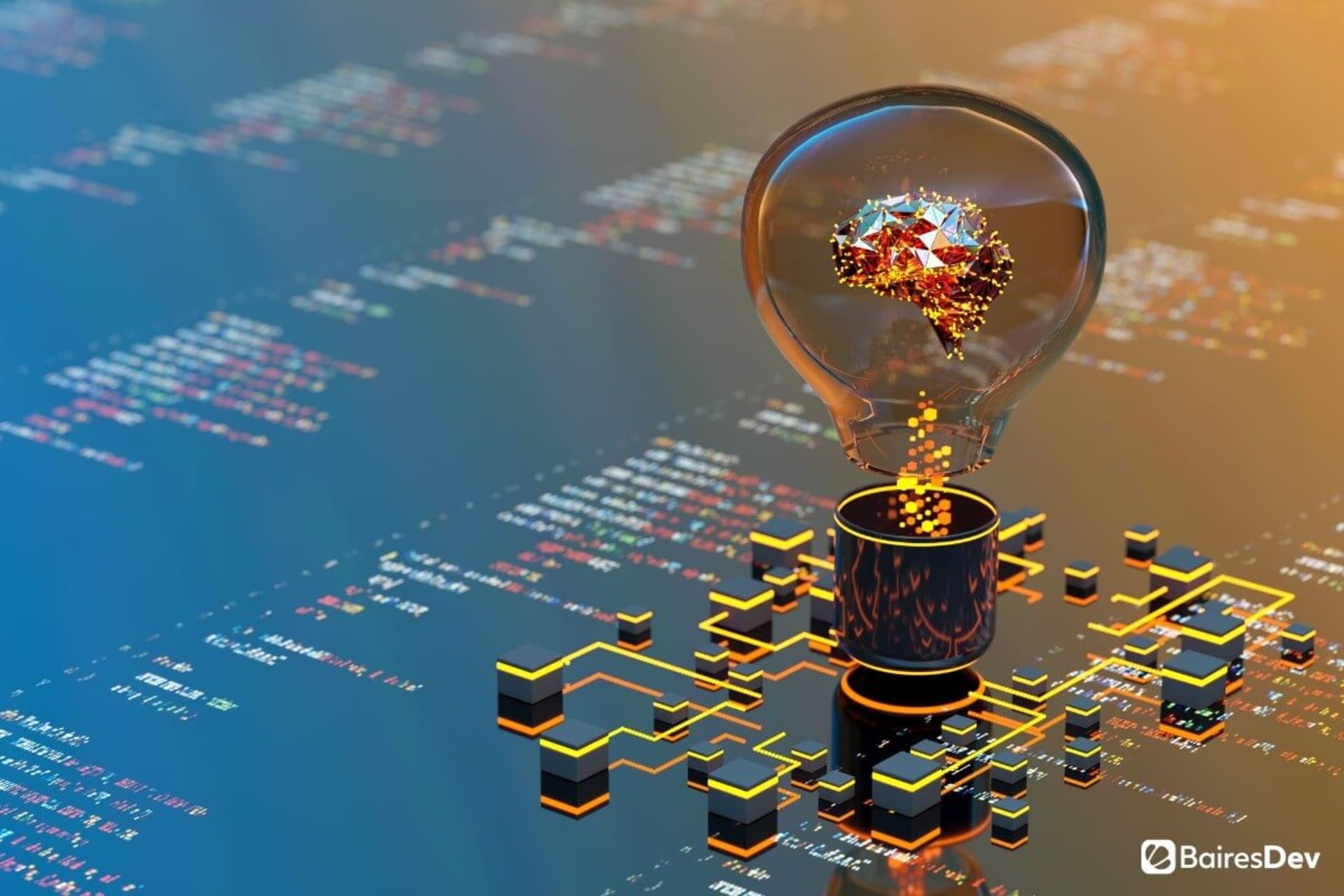
Furthermore, AI is becoming a powerful facilitator of cross-disciplinary knowledge synthesis and hypothesis generation. By connecting disparate fields of study and identifying potential research avenues that might otherwise be overlooked, AI is significantly speeding up the scientific process. Both Stanford HAI and Microsoft News emphasize this synergy, noting that “*Cross-disciplinary AI accelerates knowledge synthesis and hypothesis generation.*”[5][1] This is crucial for tackling complex, multifaceted problems that require interdisciplinary collaboration.
The Trajectory Ahead: Continued AI Breakthroughs
As we reflect on the **AI breakthroughs defining 2025**, it’s clear that these advancements represent not a peak, but rather an acceleration. The innovations we are witnessing are laying the groundwork for even more profound developments in the near future. The **AI trends shaping industries** are not fleeting fads; they are fundamental shifts that are reorienting how businesses operate and how we interact with technology.
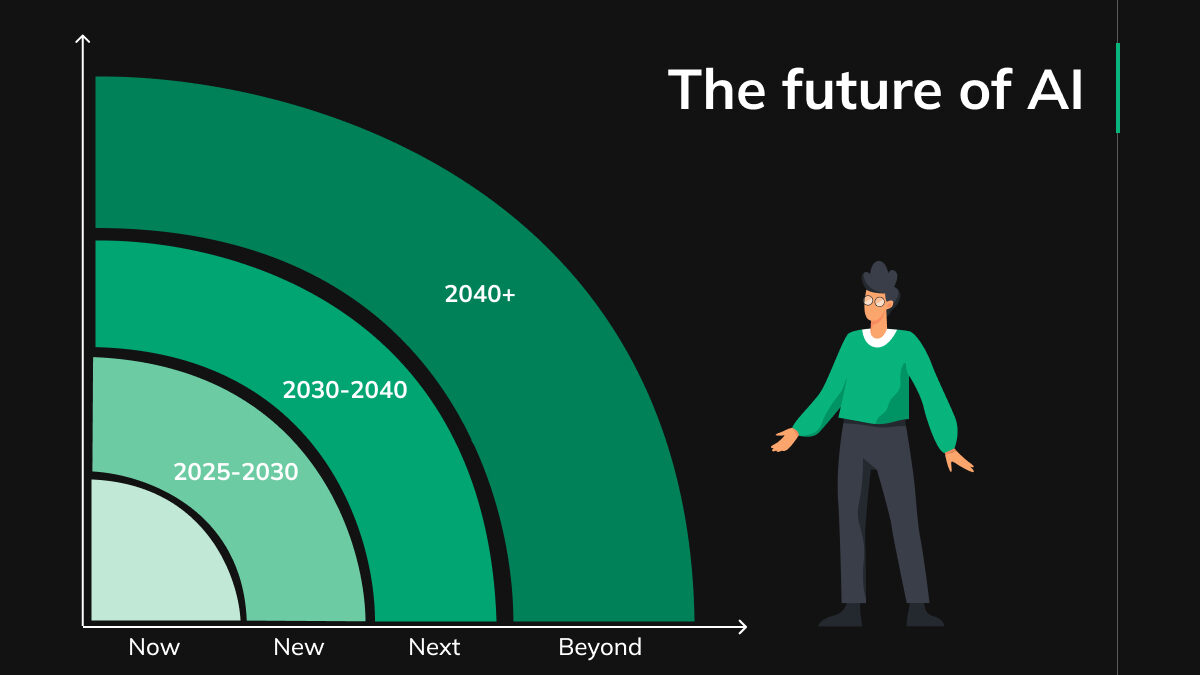
The future trajectory of AI points towards an era where AI-powered reasoning and decision-making will become increasingly integrated into all facets of our lives and work. This will demand a continuous adaptation to new tools and methodologies. Microsoft News and Morgan Stanley underscore this point: “*…points to an era where AI underpins competitive advantage and societal progress. The foundational shift to AI-powered reasoning and decision-making is set to deepen in coming years…*”[1][3] This deep integration will require a new level of understanding and collaboration between humans and AI systems.
Final Thoughts on the AI Revolution
The **AI breakthroughs defining 2025** undoubtedly represent a pivotal moment in technological history. We are moving from an age of digital transformation to an age of intelligent transformation, where AI is not just a tool but a fundamental enabler of progress. It is imperative for individuals and organizations alike to remain engaged with the **latest AI news 2025** has to offer. Understanding these developments is key to navigating and adapting to the rapidly evolving AI landscape, ensuring we can harness its potential responsibly.

The rapid-fire innovations are transforming industries, reshaping education, and driving unprecedented scientific discovery. As Microsoft News and Launch Consulting aptly conclude, “*…rapid-fire innovations transforming industries, education, and scientific discovery. …the future, increasingly, will be powered by AI’s boundless potential.*”[1][2]

For those keen to explore the multifaceted impacts of AI, further insights can be found in several key areas. Understanding the **impact of AI on UK jobs** and how **generative AI** is revolutionizing industries with its productivity benefits offers a specific national and economic perspective[6]. Keeping abreast of the **top AI trends to watch in 2025**, including advancements in agentic AI and the impact of AI on tech manufacturing, provides a forward-looking view of technological development[7]. Exploring **revolutionary AI innovations changing the world**, with a focus on breakthroughs in healthcare and the broader economic impact, showcases the scale of change[8]. Finally, understanding how **AI workflow automation** is transforming businesses, leading to greater efficiency and growth, highlights practical applications[9], and exploring **how generative AI is changing creative work** emphasizes its role in boosting productivity and innovation across various fields[10].

“`



